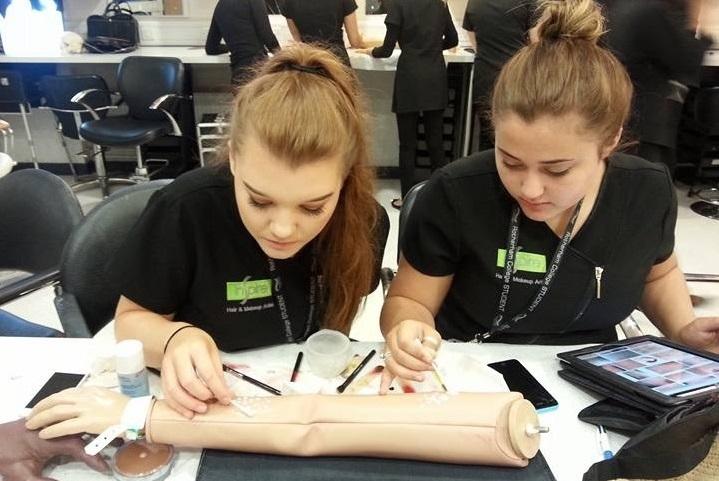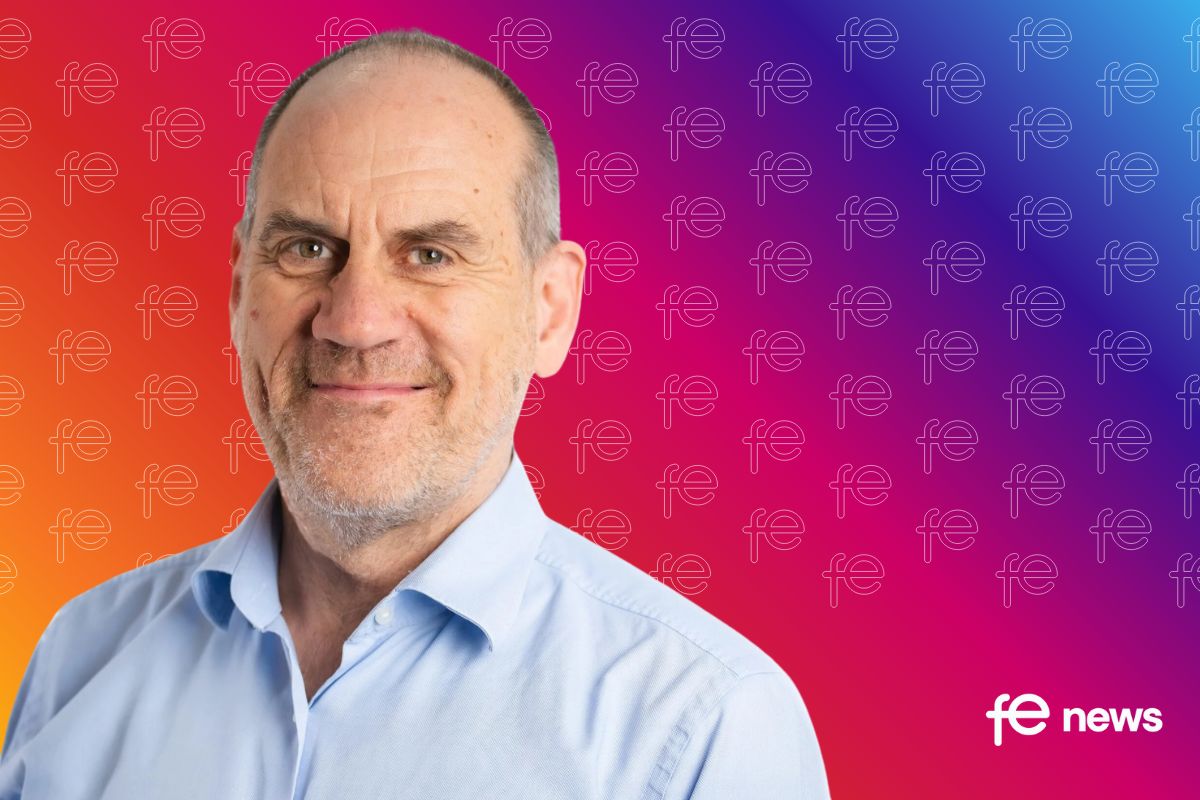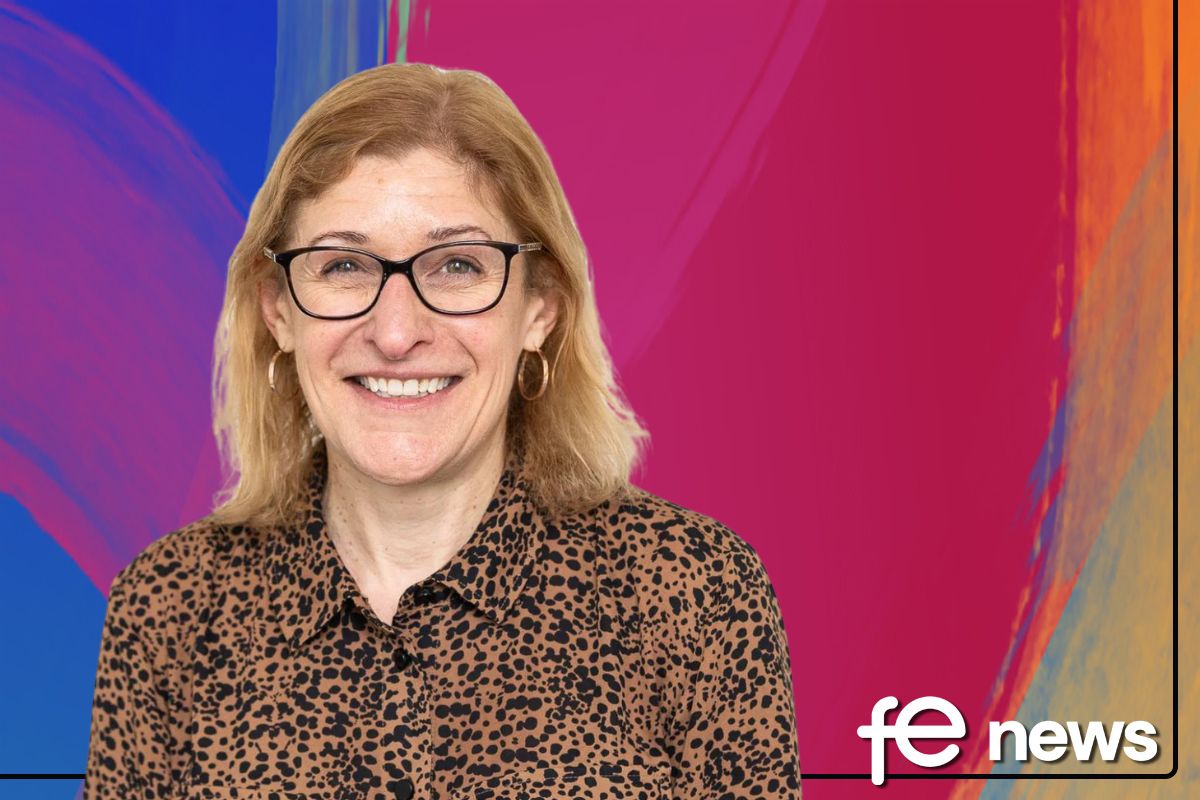Edge Q&A: Rotherham College

Over the past decade Edge has championed the importance and benefits of high quality technical, practical and vocational education and training, seeking a closer alignment between education and the skill needs of the UK economy.
Edge encourages innovation in education by supporting the creation of new institutions that promote profound employer engagement and address areas of skills shortages for the UK economy. In addition Edge champions projects that will support the effective dissemination of best practice in vocational education and training and have the ability to support further development or replication. All the projects in the series have the potential to become beacons of excellence and exemplars of what can be achieved.
Name of project:
‘Moulage for Manikins’
Name of FE College:
Rotherham College
Location:
South Yorkshire
Sector:
Media Hair and Make-up
What are you doing?
We are working with the local NHS Clinical Simulation department to recreate injuries and medical conditions on Manikins for medical training.
Why is it different/innovative?
We are the only FE College currently working with NHS Clinical Simulation creating realistic wounds and injuries for training scenarios.
Qualifications & skills learners acquire:
Students take part in this work experience as part of their Level 2 & 3 Diploma in Hair and Media Make-up course, particularly the special effects criteria.
Who are your main partners & stakeholders?
Rotherham NHS, Health Education Yorkshire and the Humber, Leeds Beckett University Clinical Simulation Department and Sheffield Hallam University Paramedic Training.
What are your ambitions for development?
• To continue to develop further Simulation Prototypes to be used in NHS Clinical Simulation and with a view to approach simulation companies for product design.
• To develop an advanced ‘Moulage for Manikins’ course to be delivered by students to NHS technicians, to develop the student skills further by working on large simulation/casualty events.
• To take Moulage into new areas of simulation such as palliative care, mental health (self-harm) and child protection.
• To share good practice with other FE Colleges and NHS trusts via delivery of workshops lead by students.
• For students to create a specialist agency to aid employment and career progression and experience
• To share this model of practice not only across the UK but worldwide.
Please tell us about any plans you have for dissemination of the model and how you are sharing best practise:
We have already taken part in simulation conferences and delivered workshops to delegates; we have also shared our practice with several colleges and universities and have plans to do more. We have delivered several training workshops to NHS technicians and plan to deliver more this year with a view to delivering an advanced techniques session too; students lead on all these projects.
Employer engagement – how does this tie in to local labour market?
Through this type of work experience our students are work-ready as they learn to work under pressure and to use their own initiative. They also learn the importance of team work and communication and time management skills, and how to conduct themselves professionally; they finish the course with the confidence and skills to network with medical professionals.
What are the further learning and career path opportunities?
Students can progress on to the HND Specialist Make-up course which is currently provided at Rotherham College. Alternatively, students can study a Media Make-up degree at university. There are also opportunities for them to work within the NHS as simulation technicians via apprenticeship schemes. Students can take the more traditional route of employment by becoming a freelance make-up artist working within fashion, TV, theatre and film.
Destinations of students following the course:
• Students deliver workshops to NHS technicians and deliver seminars at conferences
• Employment at the college as tutors within the department
• Invited back to college as guest industry speakers
• Working for numerous make-up companies
• Working as free lance make-up artists
• Progress to a higher level of study
• Work for local theatre companies
What do you see as the biggest achievements around the project?
Being very honoured to have won the AoC Award sponsored by the Edge Foundation for ‘Practical Teaching and Practical Learning’; winning an award for best workshop at a simulation conference, voted for by the delegates. To see the positive educational benefits for the students of both the college and the NHS and to be reassured that these efforts benefit all in the local community and patients nationally in the NHS.











Responses